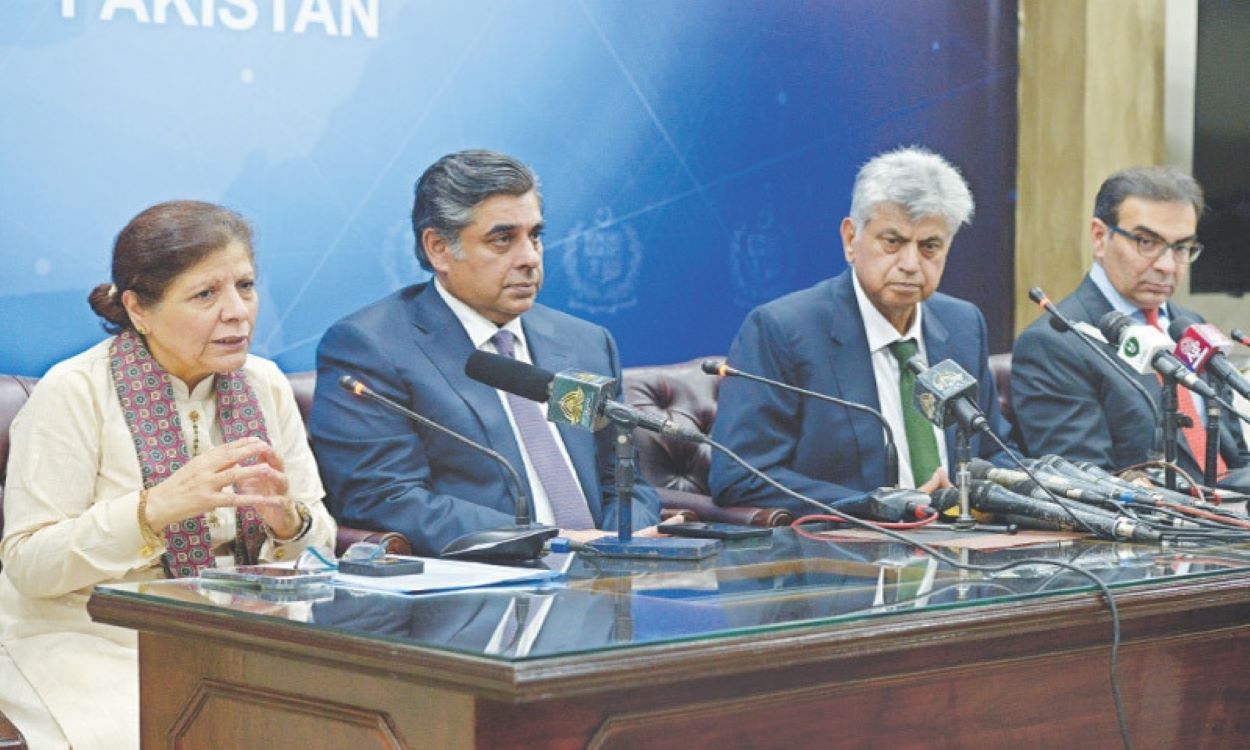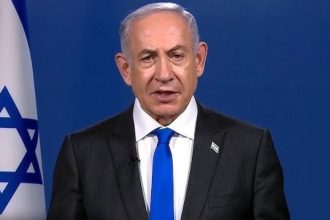The caretaker government has revealed its plans to revamp the economy to salvage the dwindling economic conditions exacerbated by months of import restrictions. The transitional administration has faced substantial backlash due to soaring electricity bills during the peak summer months. Taking the reins in this dire situation, the government announced that an escalation in gas tariffs is inevitable before the onset of winter to mitigate the mounting circular debt in the gas sector, which is escalating at an alarming rate of Rs350 billion annually.
During a comprehensive news conference, senior ministers from the interim government highlighted the need for long-term policy strategies, promising to adhere to international agreements while preventing exploitation that could compromise the national interests. The authorities also consider linking industries directly to power stations through wheeling charges. This move is projected to exacerbate the issues of low recoveries and circular debt faced by power distribution companies (Discos).
Updates from the Special Investment Facilitation Council (SIFC) Session
The pressing issues surrounding the economy and the strategies to address them were the primary focus of a marathon six-hour inaugural session at the civil-military Special Investment Facilitation Council (SIFC). The session presided over by Caretaker Prime Minister Anwaarul Haq Kakar, saw participation from prominent cabinet members, including the army chief.
In the wake of concerns regarding the economy’s capacity to accommodate the foreign exchange demands potentially spurred by a surge in imports, Finance Minister Dr. Shamshad Akhtar assured that anticipated fresh inflows from multilateral entities could potentially amount to around $6 billion over the next year. This projection is based on negotiations with several global financial institutions, such as the World Bank, the Asian Development Bank, and the International Monetary Fund, coupled with the expected rollover of deposits from allied nations. “The situation is reasonably okay for now,” she conveyed, echoing a sentiment of cautious optimism.
Information Minister Murtaza Solangi highlighted that the discussions during the SIFC meeting concerned fostering potential investments in key sectors such as information technology, mining, and agriculture. The council also deliberated on measures to curtail government expenditures and circular debt and discussed reforms in the Federal Board of Revenue and improvements in the functionality of loss-incurring state-owned entities.
A Forward-Looking Economic Strategy
Muhammad Ali, the caretaker minister for power and petroleum, stressed the necessity of restructuring the gas pricing mechanism to offset the staggering losses incurred by the sector, which has witnessed a debt accumulation of Rs 2.7 trillion over the past four years and is burgeoning rapidly. He emphasized the urgency to reorganize the gas prices universally as the nation could not afford to bear a loss of $3.5 billion due to the decline in domestic oil and gas exploration.
Furthermore, Dr. Akhtar reiterated the need to rejuvenate Pakistan’s economy, emphasizing the necessity to alleviate import restrictions given the country’s import dependency. She acknowledged the challenges concerning the timing of liberalizing imports amidst the stringent foreign exchange circumstances but assured that managing the foreign exchange reserve remains a high priority. Concurrently, Commerce Minister Gohar Ejaz outlined plans to enhance the sustainability of industries, addressing supply chain shortages as a predominant cause of inflation, and proposed augmenting exports as a viable solution to alleviate the inflationary pressures.






